When I entered menopause about seven years ago, little did I know what I was in for. Frankly, I wasn’t prepared for it. I hadn’t had ‘the talk’ with my Mom about menopause, I knew very little about it, and I didn’t know what to expect. When my symptoms hit, I was bewildered. What was happening to my body? How long would this last? How will it affect me in the future? These were questions to which I had no answers.
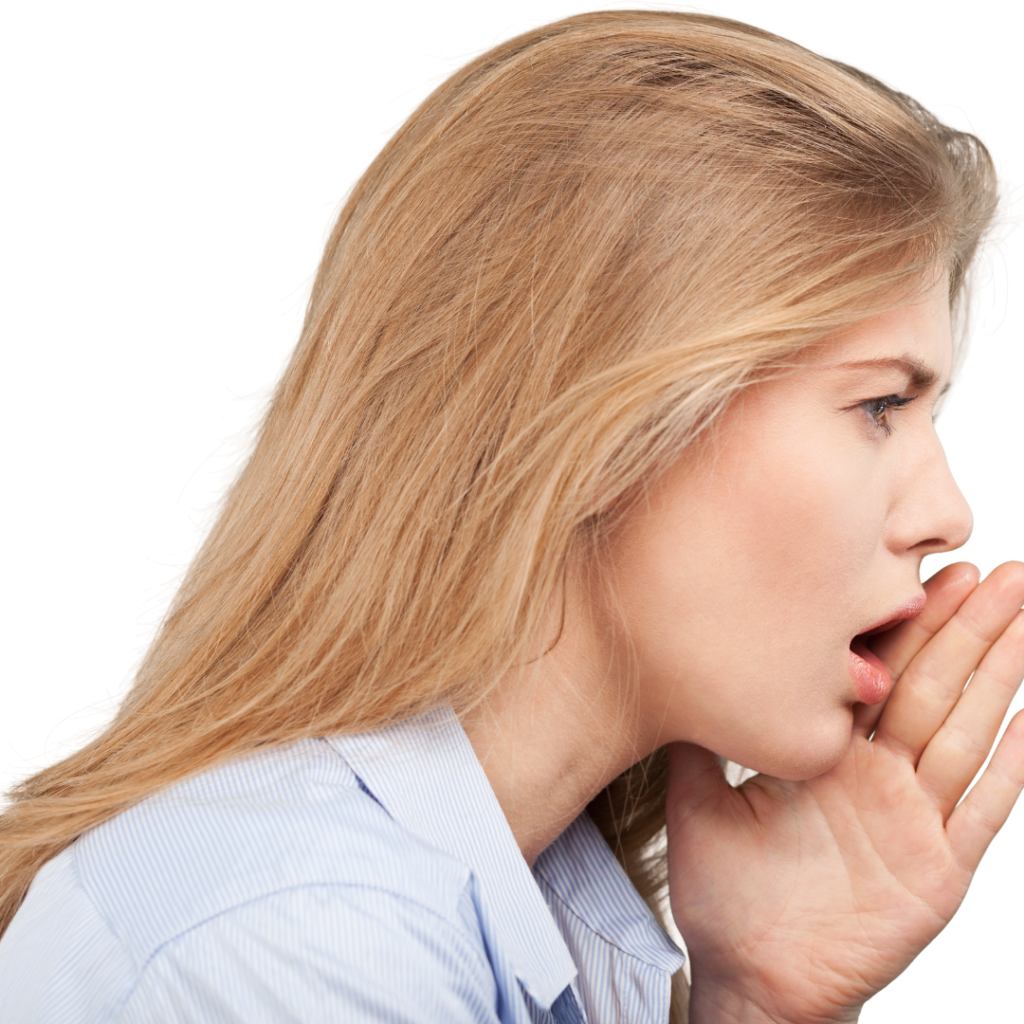 I’m not alone. Tens of thousands of women are confused, unknowledgeable or misinformed about menopause. Have you ever stopped to wonder why that is? I believe part of the reason is because we don’t talk enough about menopause. Of course we hear more about it today than we did 10 or 15 years ago, but for some women, it still feels taboo to openly talk about the hot flashes, mood swings or vaginal dryness. Menopause represents aging and everyone wants to shy away from the subject. And when there are conversations about it, there may be snatches of truth to it but it may mostly be Jessica’s, Evelyn’s or Tamara’s perceived version of what menopause is based on her limited knowledge or experience. Bit by bit, these kernels of untruths form the menopause myths that we hear today.
I’m not alone. Tens of thousands of women are confused, unknowledgeable or misinformed about menopause. Have you ever stopped to wonder why that is? I believe part of the reason is because we don’t talk enough about menopause. Of course we hear more about it today than we did 10 or 15 years ago, but for some women, it still feels taboo to openly talk about the hot flashes, mood swings or vaginal dryness. Menopause represents aging and everyone wants to shy away from the subject. And when there are conversations about it, there may be snatches of truth to it but it may mostly be Jessica’s, Evelyn’s or Tamara’s perceived version of what menopause is based on her limited knowledge or experience. Bit by bit, these kernels of untruths form the menopause myths that we hear today.
Wouldn’t it be great to separate fact from fiction?
While I certainly don’t have all the answers, I’ve rounded up 10 myths that continue to swirl around menopause.
“I’m too young for menopause.”
While it’s true that the average age of menopause is 51, if you’re in your late 40s, you’re not too young for menopause. It’s a natural part of our aging process. Women who go through menopause between the ages of 40-45 experience what’s known as premature menopause or early menopause.
Another type of early menopause is induced menopause, most commonly caused when the ovaries, which are the main source of estrogen production, are surgically removed through a procedure known as an oophorectomy. Menopause occurs suddenly for women who’ve had an oophorectomy.
Unfortunately, because of the loss of estrogen and other hormones, women are at increased risk for certain diseases like Type 2 diabetes, cardiovascular disease, dementia, and osteoporosis.
“Hot flashes don’t last long.”
For many women (including me), hot flashes are the absolute worst part of menopause. They happen at any time (usually at the most inopportune time), many times throughout the day, and cause a feeling of heat throughout the body, especially on the face, chest, and head. It can also make you sweat, or cause your skin to redden.
Lucky is the woman who only has hot flashes for a short time — say, only 6 months to a couple of years. On average, women experience hot flashes for 7 years. That’s the good news. The not so good news for some is that, according to findings from The Study of Women’s Health Across the Nation (SWAN), genetics may play a role in the duration of hot flashes. And it goes a little beyond that to include race as well. In the US, women from different racial groups may experience hot flashes differently. On average,
- Asian American women will experience hot flashes for 5 years.
- Caucasian American women will experience hot flashes for 6½ years.
- Hispanic American women will experience hot flashes for almost 9 years.
- Black American women have will experience hot flashes for a whopping 10 years.
Regardless of the number of years women experience hot flashes, they will likely decrease in severity and frequency as the years go by.
“Hot flashes, weight gain and irritability are the only symptoms of menopause.”
If only.
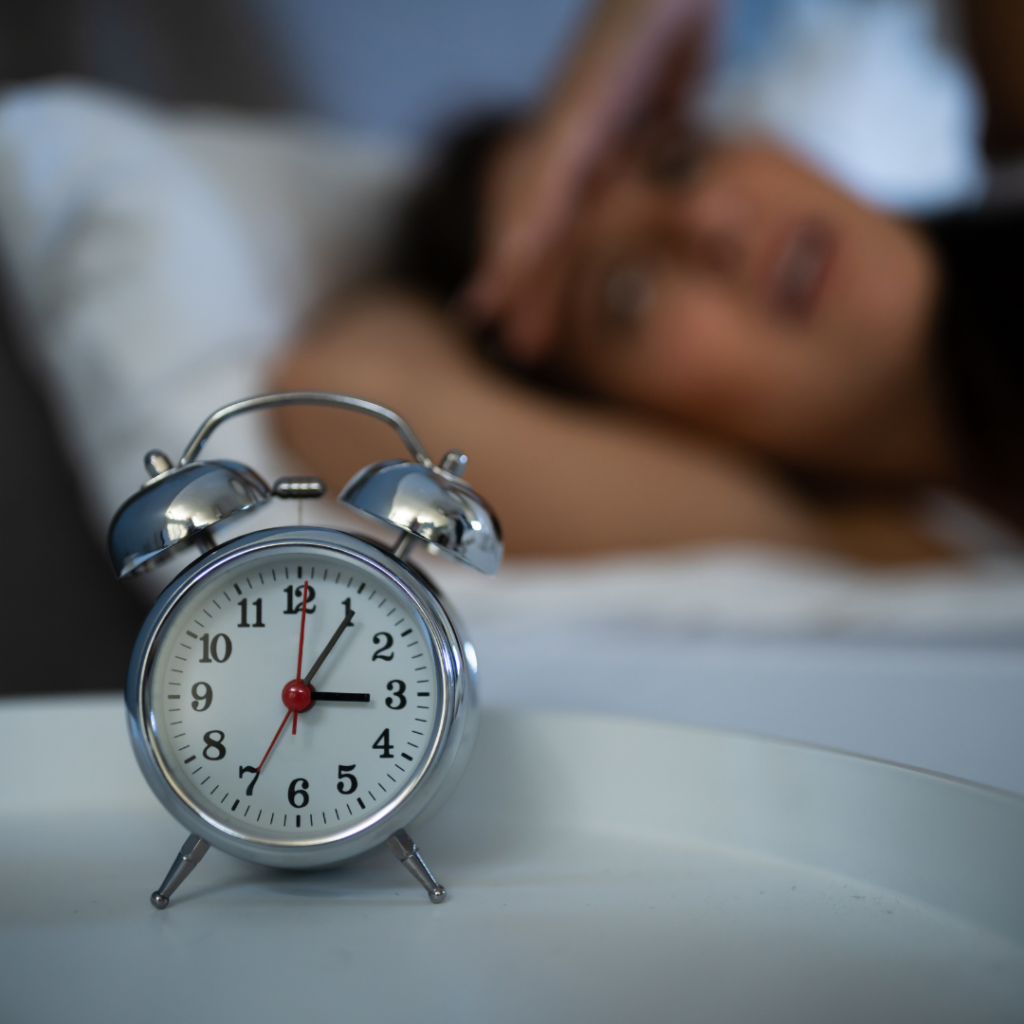 While every woman will experience menopause differently, there are a myriad of symptoms that we contend with. In addition to hot flashes, weight gain and irritability, other menopause symptoms include:
While every woman will experience menopause differently, there are a myriad of symptoms that we contend with. In addition to hot flashes, weight gain and irritability, other menopause symptoms include:
- Sleep issues
- Hair loss
- Vaginal dryness
- Night sweats
- Low libido
- Urinary problems
- Mood swings
- Breast tenderness
- Headaches
- Fatigue
- …and the list goes on. In fact, there are at least 34 symptoms of menopause.
“Menopause symptoms are only physical.”
While there are many physical symptoms of menopause, declining estrogen also brings about emotional symptoms that can affect a woman’s mental health. Anxiety, cognitive issues, depression, aggressiveness, tension, and mood swings are all symptoms that may have an impact on a woman’s mental health and mental state.
These emotional symptoms can disrupt your life during menopause. If your symptoms become overwhelming or you find it difficult to cope on a daily basis, be sure to talk with your doctor to find ways to best manage your symptoms.
“My periods have stopped. I must be in menopause.”
What is menopause? It’s the point in time when you’ve gone an entire year (12 months) without having had a period. Anytime before that isn’t menopause. If, however, your periods have stopped but you still haven’t been period-free for a year, than you’re in perimenopause. Perimenopause is the transition phase that occurs prior to menopause.
In perimenopause, your body is preparing for menopause. During this time, you may experience symptoms such as hot flashes, mood swings, bladder issues, vaginal issues and more that are normal during perimenopause. Perimenopause lasts an average of 4 years but can vary from woman to woman.
“You’re overreacting! Menopause can’t be that bad.”
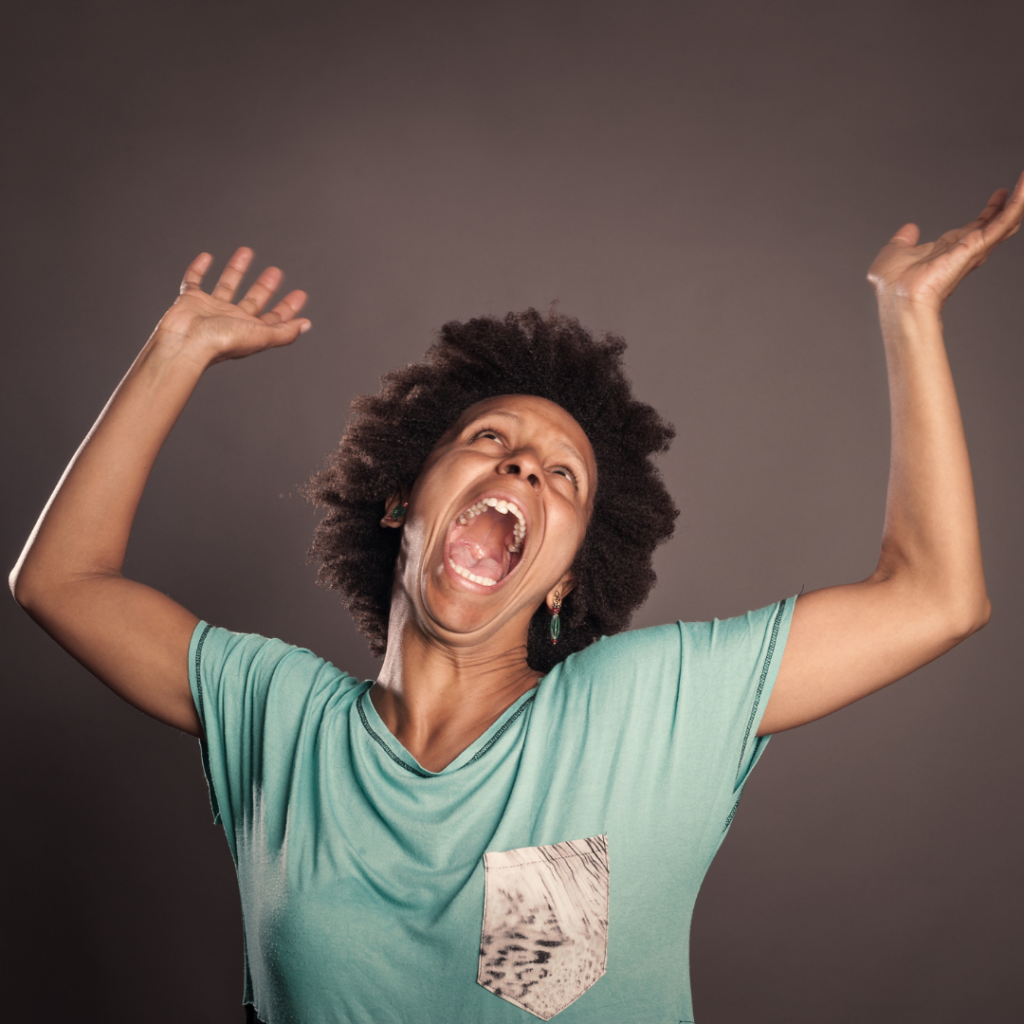 Oh contraire. This is likely the sentiment of a) men, or b) women who are breezing through menopause and aren’t experiencing some of the more bothersome symptoms or have no symptoms at all.
Oh contraire. This is likely the sentiment of a) men, or b) women who are breezing through menopause and aren’t experiencing some of the more bothersome symptoms or have no symptoms at all.
Women have been scoffed at by their doctors or low-key ignored by family and friends because they don’t have a clear understanding of the changes her body is going through. Many women suffer from depression, mood swings or panic attacks. The physical, mental and psychological changes are real and shouldn’t be approached with a grin-and-bear-it attitude.
“Once my period stops, I can’t get pregnant so there’s no need for contraception.”
Don’t be fooled, ladies. If you’re of the menopausal age, don’t think that if you miss one or two periods that it means you can’t get pregnant. The opposite is true. Your ovaries are still releasing eggs for fertilization. If you haven’t reached menopause then you can still get pregnant.
To prevent unintended pregnancy, it’s important to continue to use some form of contraception until you reach menopause. It’s especially important to use condoms with new sexual partners to protect yourself from any STDs.
“My gynecologist is the best person to go to for answers about menopause.”
Believe it or not, your gynecologist may not be the best resource for you when it comes to menopause. Most medical schools don’t teach in-depth training in menopause. Also, many OB-GYNs lack sufficient knowledge about menopause and may not be up-to-date on the latest menopause treatments available.
For comprehensive menopause care, consider seeking medical attention from a menopause specialist. The North American Menopause Society (NAMS) has an excellent database to help in your search for a NAMS certified menopause practitioner (NCMP), designated as specialists who have been through extensive advanced training, near you.
“I’m in menopause so my body’s stopped producing hormones.”
All of your hormones don’t magically disappear once you’re in or beyond menopause. Once your reproductive years end, your body still produces estrogen, progesterone, and testosterone (yes, testosterone!), only in much lower amounts.
And lastly, the big one . . .
“I’m in Menopause.”
No, actually, you’re in postmenopause. You’ll usually hear women talk about being in menopause when in actuality they mean something else. It’s a common misconception that everyone makes – including myself. It just feels so much easier to say, “I’m in menopause,” when in fact we’re postmenopausal.
So what’s the difference?

The menopause door
“Menopause” is a point in time. It’s that moment when you haven’t had a period for one full year and you’re no longer ovulating. To put it in perspective, you look at your calendar and realize it’s been an entire year since you’ve had your period (yayyy!). That’s menopause.
“Postmenopause” is the time after menopause. It’s everything – the whole kit and kaboodle – after that period-less period, after you hit the menopause noted above. During postmenopause, the pesky symptoms that you’ve experienced in perimenopause may begin to decrease. They can be milder, but for many women, they’re still symptomatic.
To wrap it up, postmenopause is the rest of your life after menopause. Menopause is something we go through. Perimenopause is something we stay in. Think of it as going through the menopause door to get to the postmenopause room. Yeah, I just made that analogy up.
Is it wrong to say you’re in menopause? I don’t believe so. We’ve become so accustomed to thinking of menopause as the entirety of our experience once we stop having periods that’s it’s difficult to see it any other way.
The Bottom Line
Menopause and postmenopause are natural occurrences. It’s estimated that 1.3 million women in the US alone go through menopause each year. That’s a substantial number of women — far too many women to transition into this phase of life believing longstanding myths. How can we avoid this? By educating ourselves. By talking openly about it. By staying informed. Below, I’ve listed a few helpful resources where you can learn more about menopause.
Trusted Menopause Resources:
North American Menopause Society
Dr. Lauren Streicher
Office on Women’s Health
The American College of Obstetricians and Gynecologists
National Institute of Health Menopausal Hormone Therapy
Ellen Dolgen
Also check out this Menopause Q&A from Ellen on Midlife-A-Go-Go.

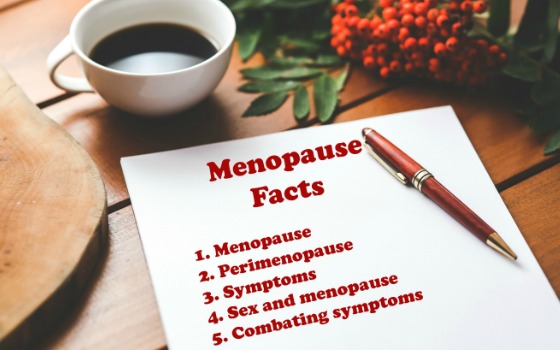

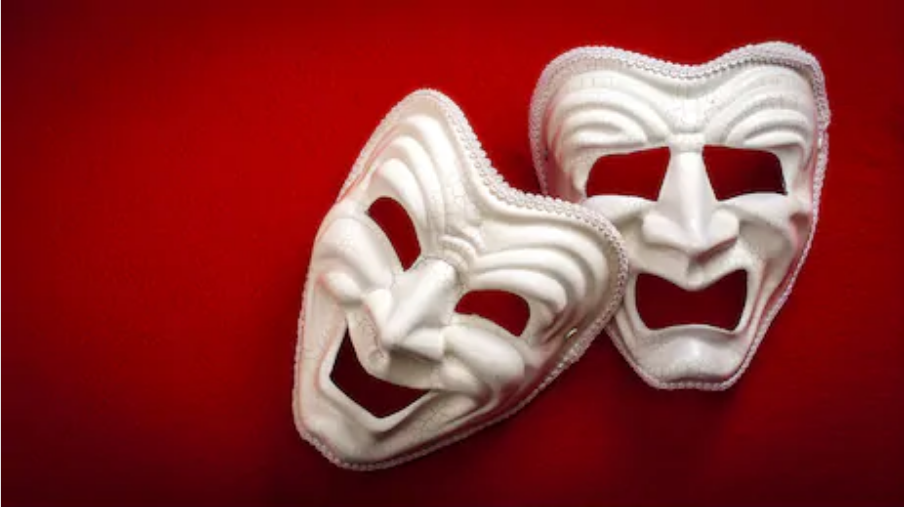

Excellent article. I was one of the lucky white women to go 10 years with symptoms and I started perimenopause at 39. Fun times. At 58 I finally have relief from the sweats and emotional roller coaster. It was not a fun ride.
Stay strong!
Thanks Wendy. Yes your journey was a long one. At 58, my symptoms have mostly waned. However, the hot flashes persist. F&(*%$! bastards.
Great post. My worst symptom wasn’t physical, it was my mood! Fortunately, evening primrose oil and other herbals helped a lot.
Thanks for that tip, Shari. I’m sure it’ll help other women who want to go the herbal and essential oils route. Glad it helped!